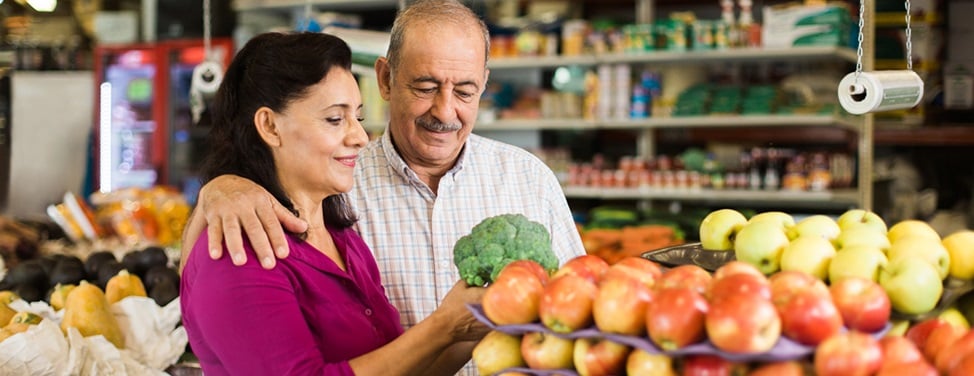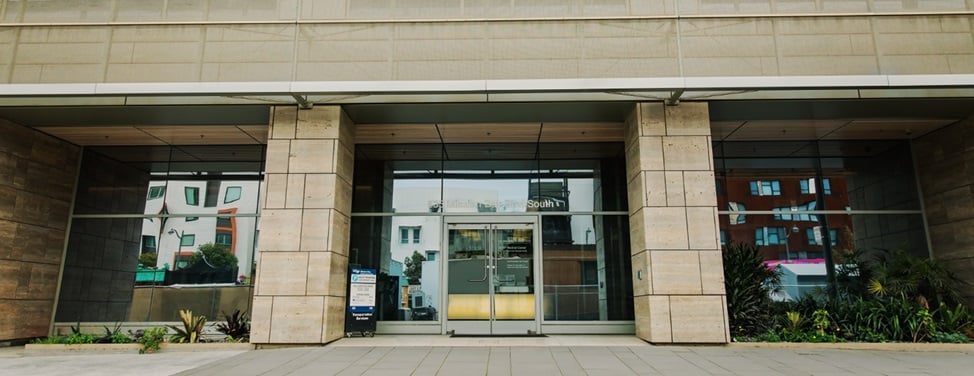
Heart and Vascular Disease: The Facts
Cardiovascular disease – disorders of the heart or blood vessels – is the number one cause of death and disability among men and women in the United States. The statistics are staggering:
- 950,000 people die from cardiovascular disease each year. That is twice the number of cancer deaths, 25 times the number of AIDS-related deaths and 10 times the number of accidental deaths.
- Cardiovascular disease accounts for more than half of all deaths in women.
- Stroke strikes 600,000 people each year.
- Around 10 percent of stroke sufferers recover fully, 30 percent die and 60 percent become disabled.
- The annual cost of caring for disabled stroke survivors is $8 million.
Despite the alarming numbers, cardiovascular-related deaths are declining. Since the 1940s, virtually all increases in life expectancy have been due to the reduction of cardiovascular-related deaths. This is due in large part to new technology and treatments.
UCSF Health medical specialists have reviewed this information. It is for educational purposes only and is not intended to replace the advice of your doctor or other health care provider. We encourage you to discuss any questions or concerns you may have with your provider.














